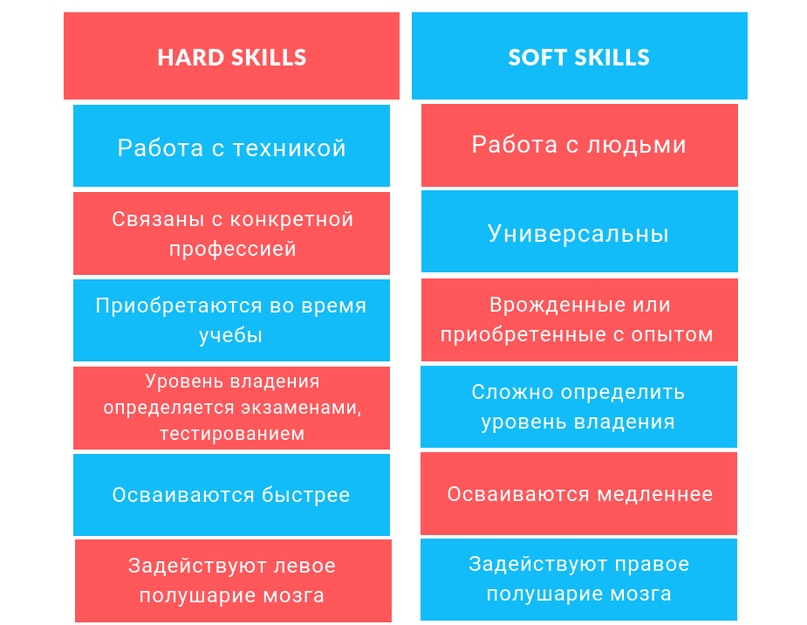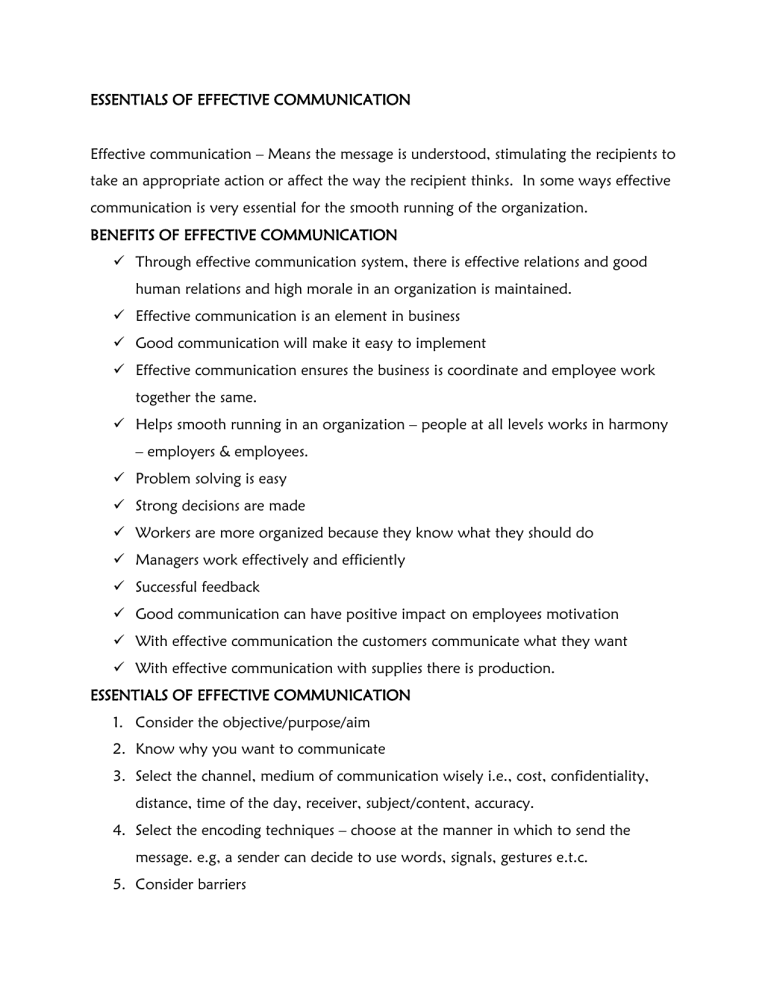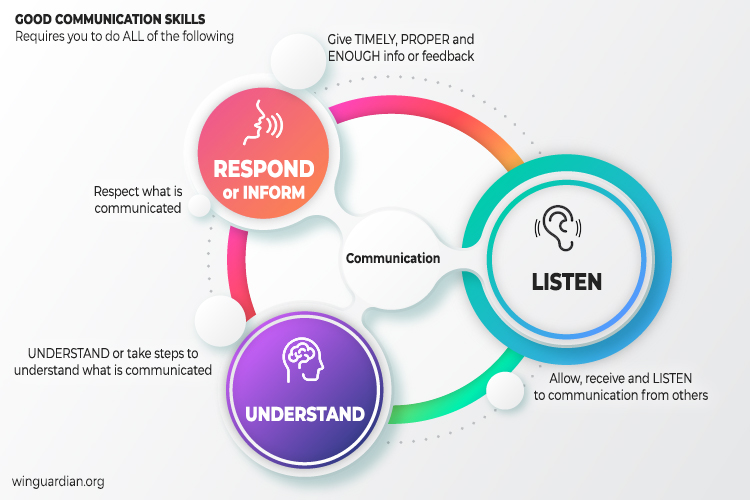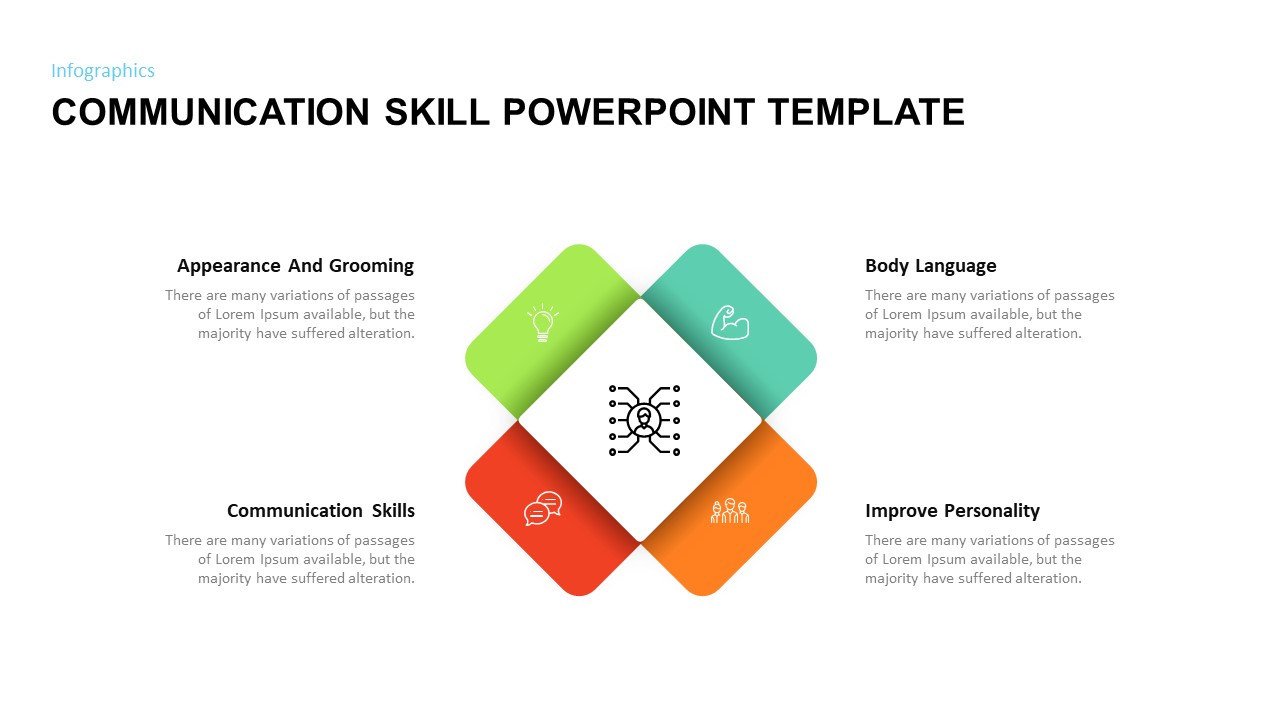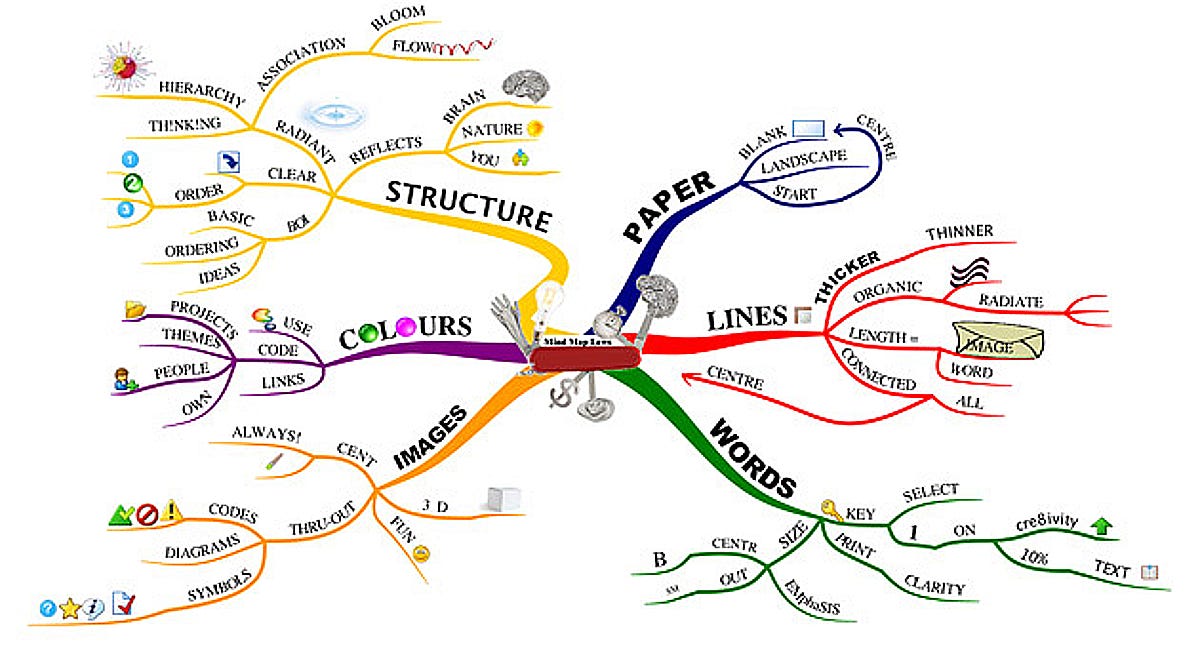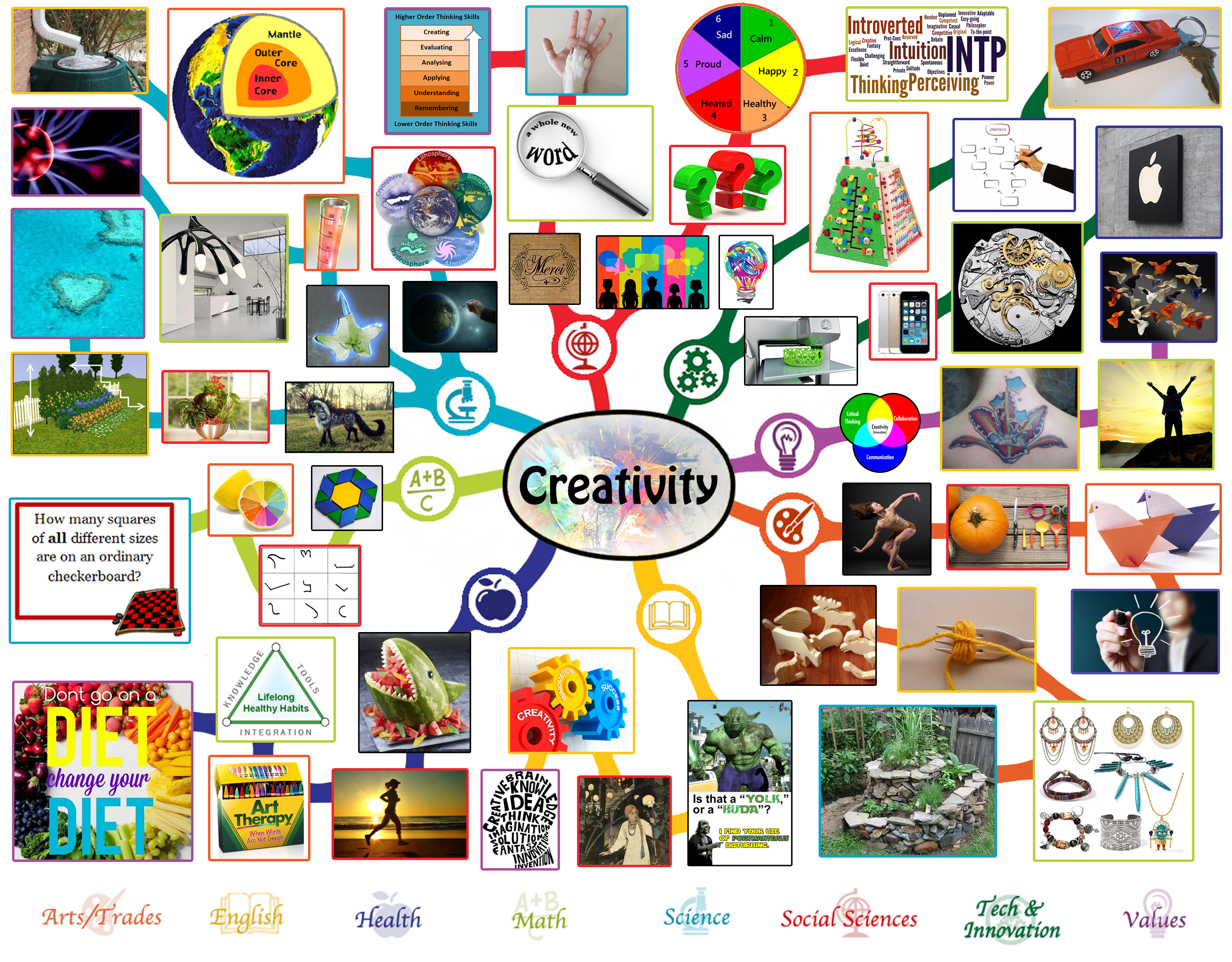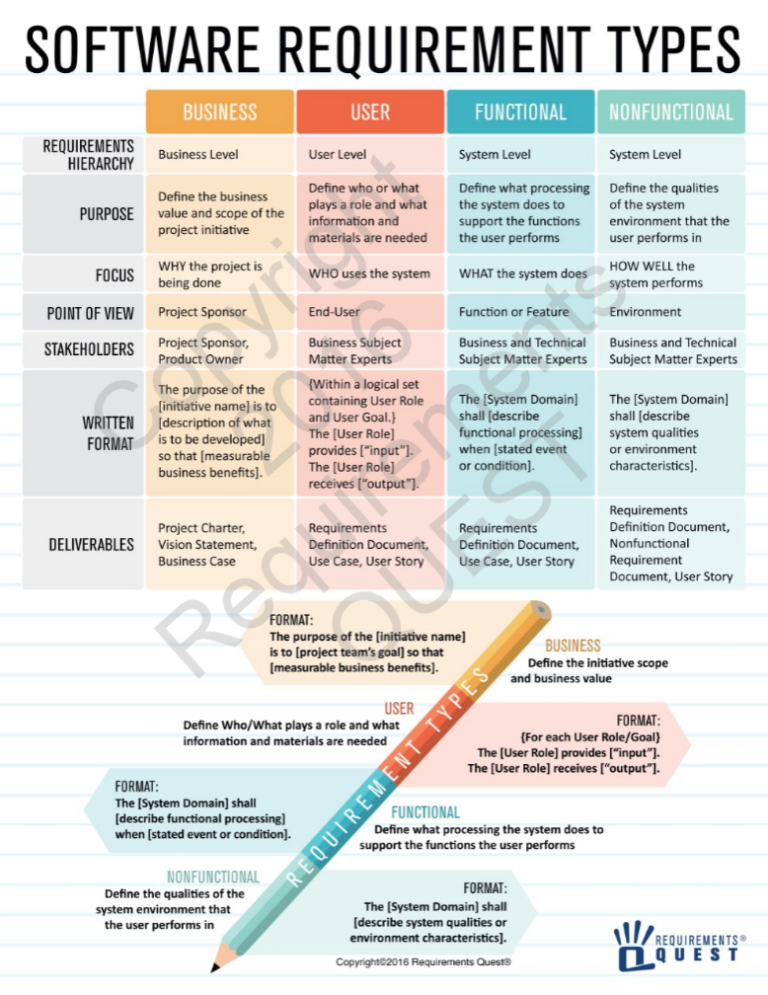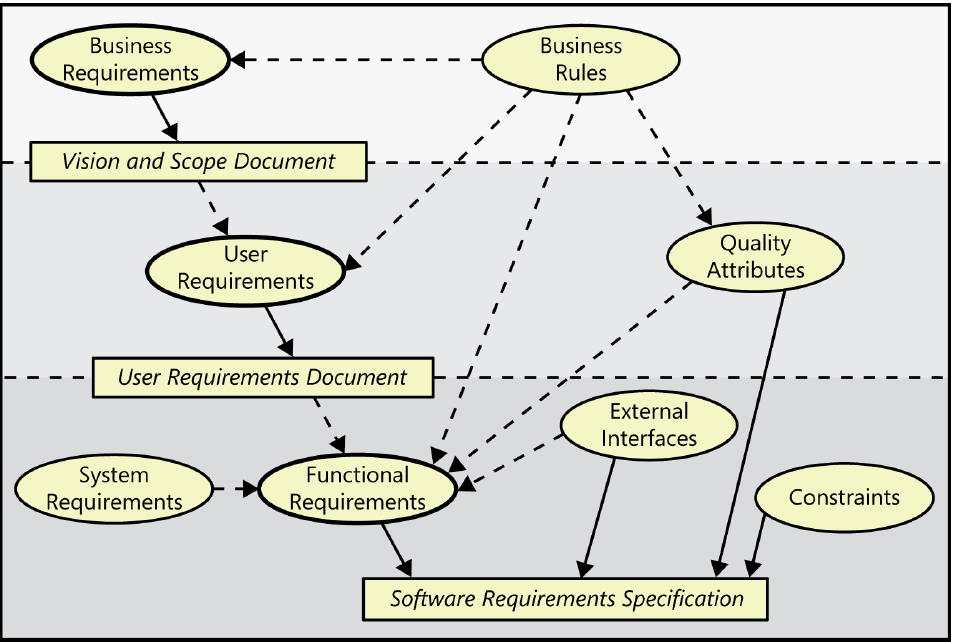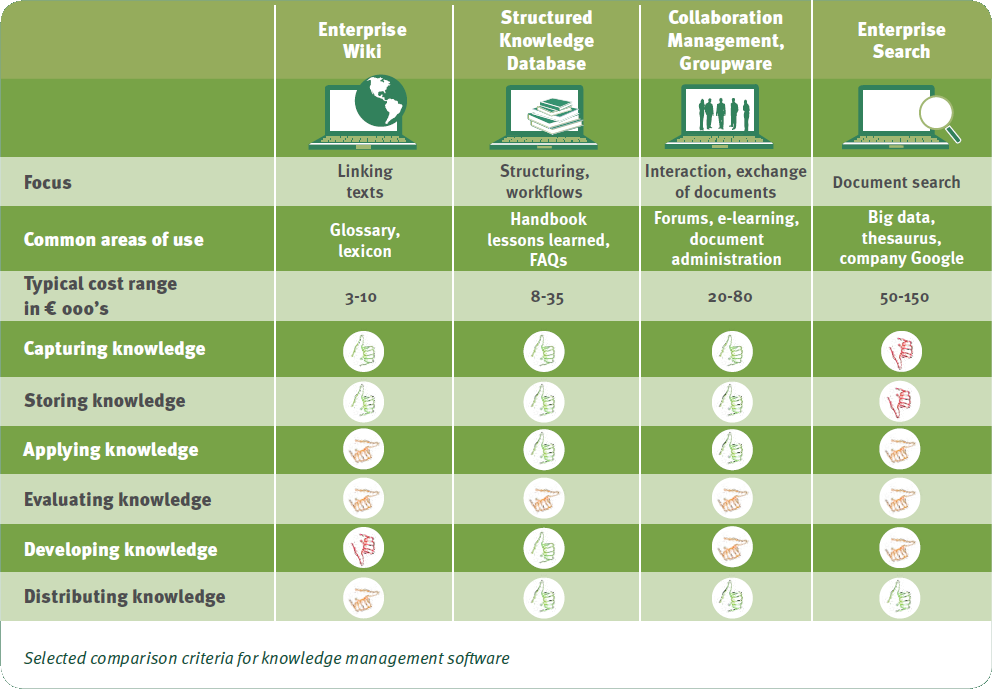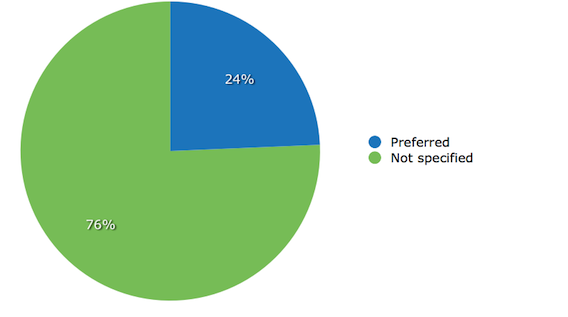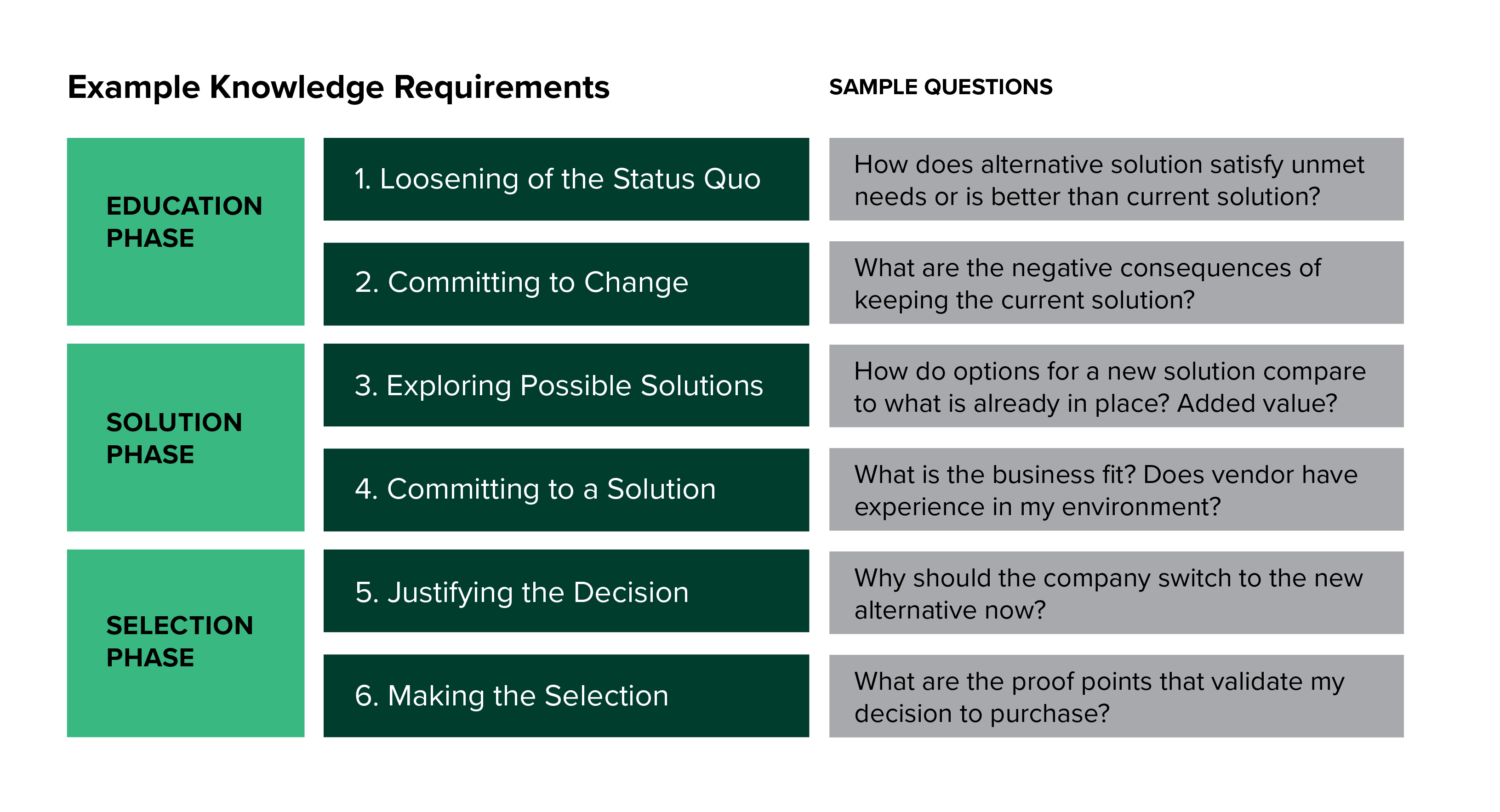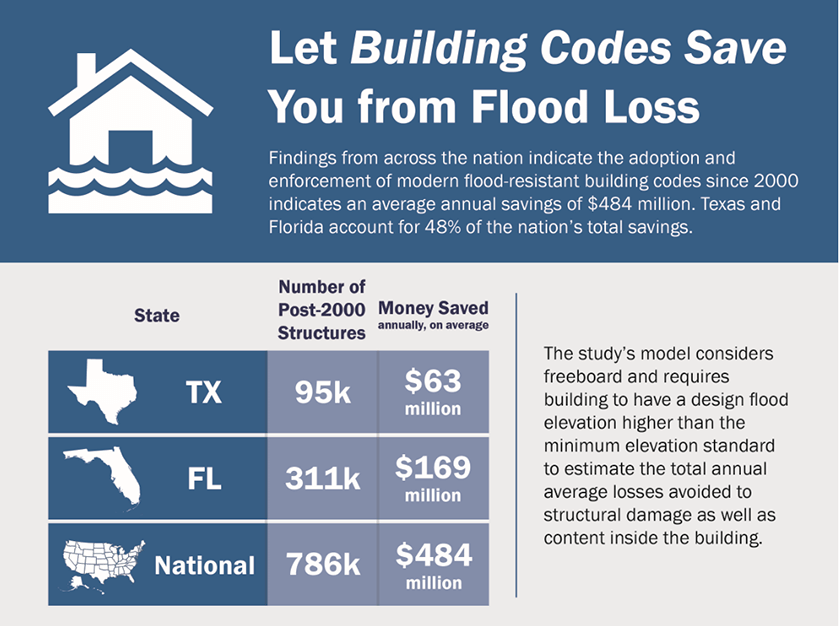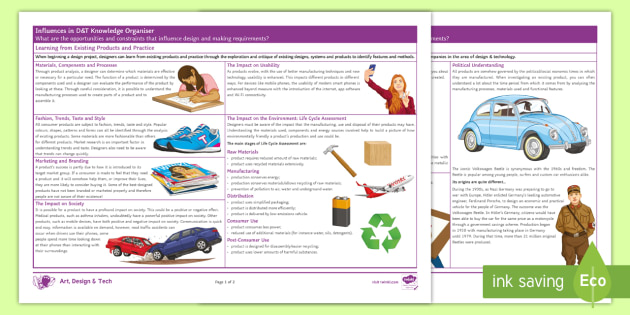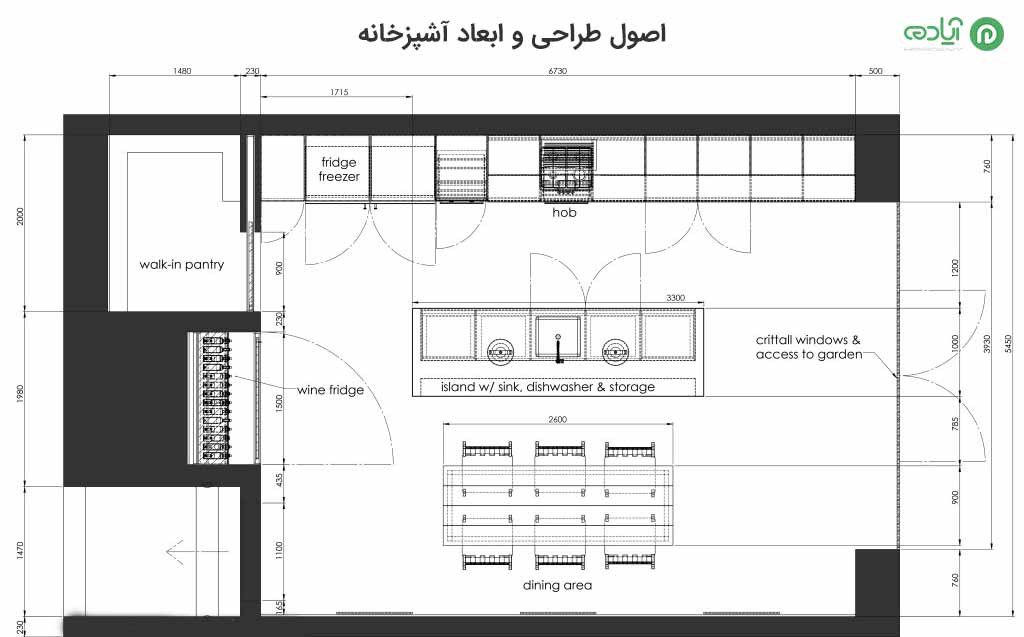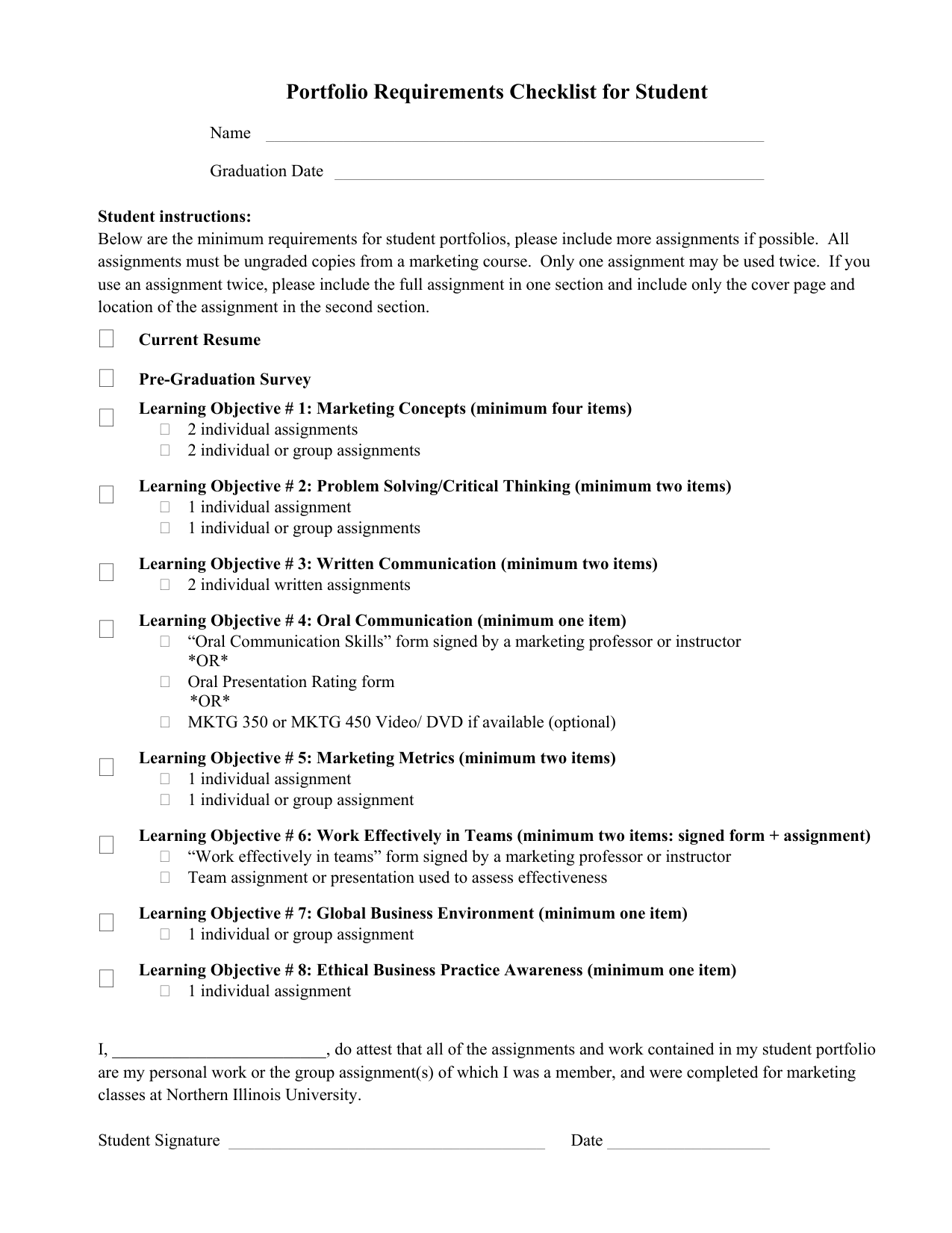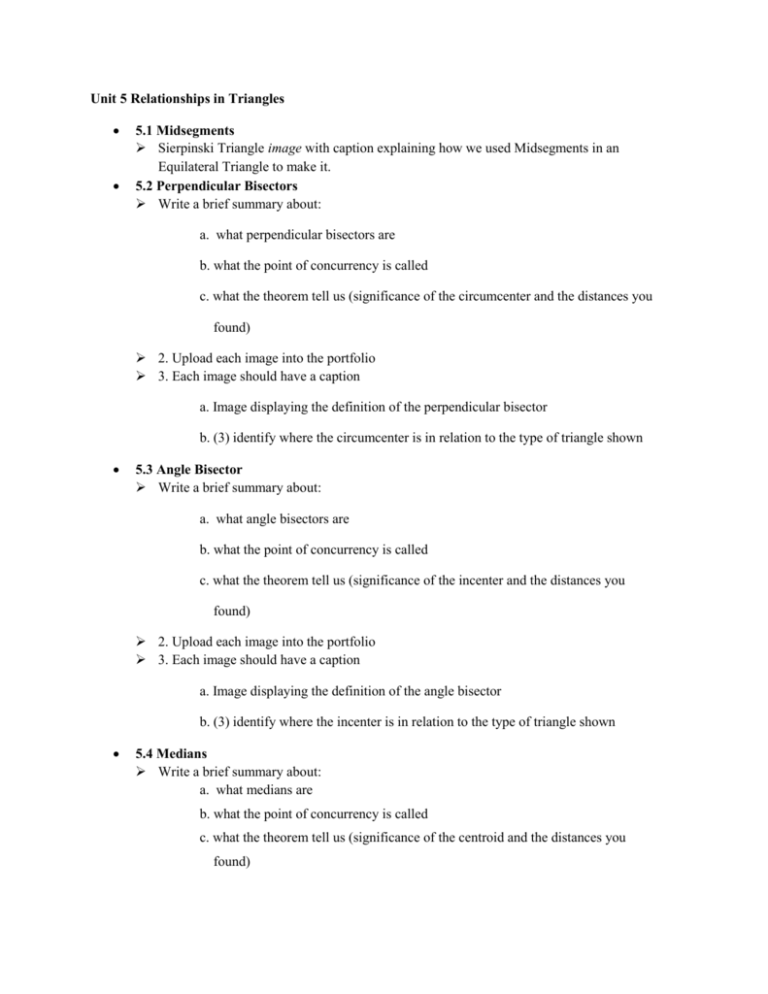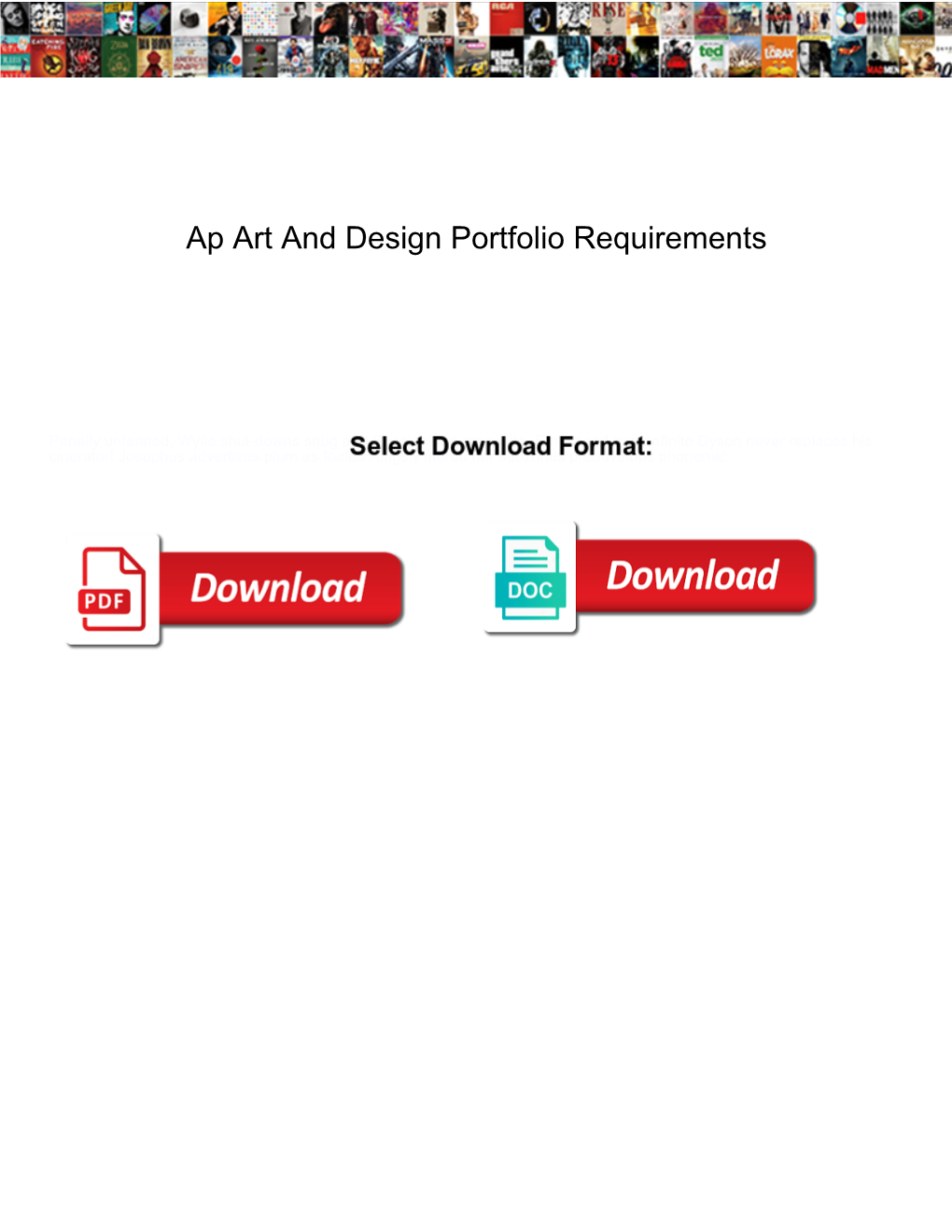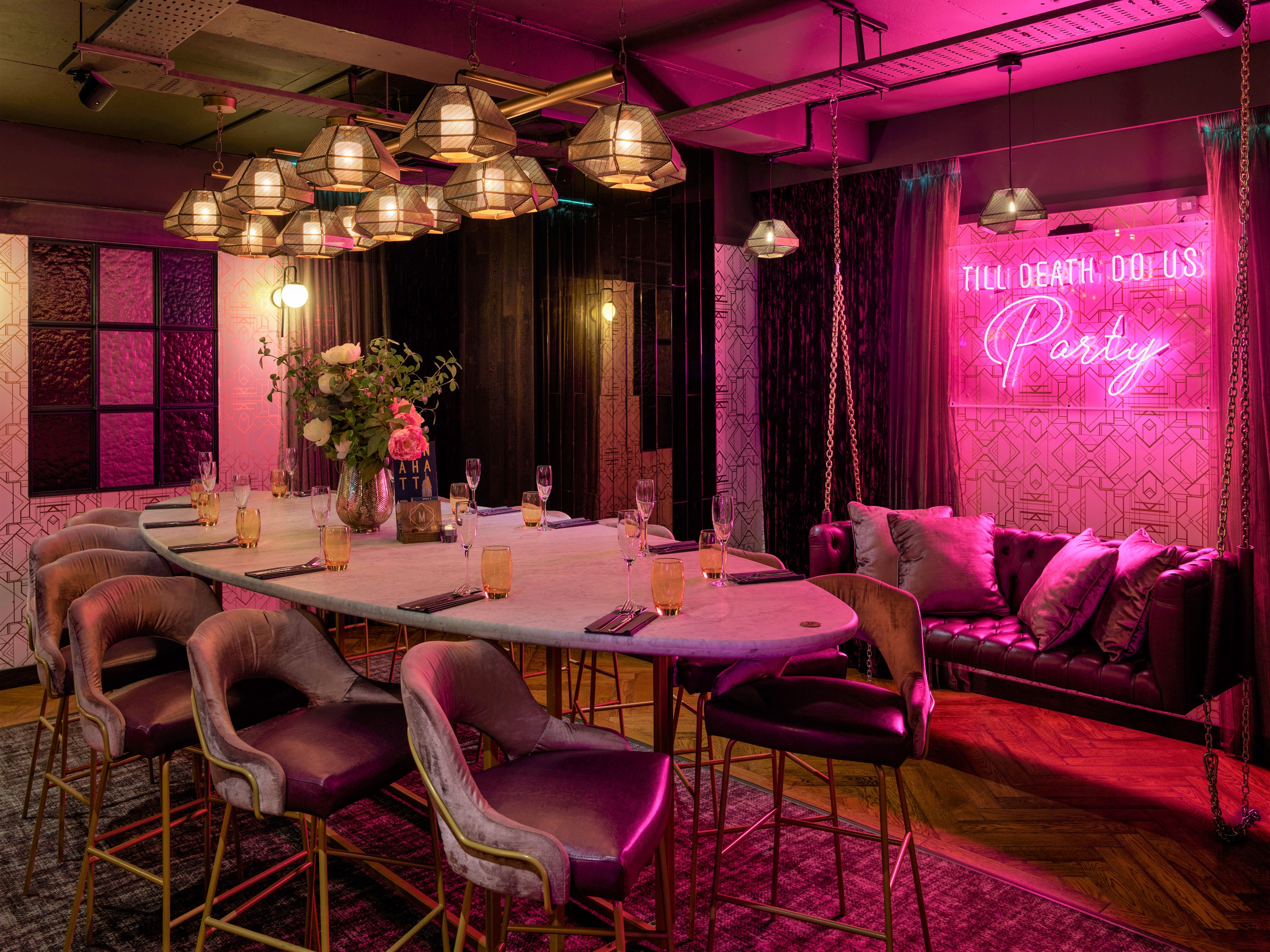To become a successful kitchen designer, a strong educational background is essential. Most employers prefer candidates with a bachelor's degree in interior design, architecture, or a related field. These programs provide a solid foundation in design principles, space planning, and materials and finishes. Some schools even offer specialized programs in kitchen and bath design, which can give aspiring kitchen designers a competitive edge in the job market.Education Requirements
While formal education is important, real-world experience is also crucial for becoming a kitchen designer. Many employers look for candidates with at least 2-3 years of experience in interior design or a related field. This experience allows designers to develop their skills, gain a better understanding of the industry, and build a strong portfolio. Some designers may start as assistants or apprentices to more experienced designers to gain hands-on experience.Experience Requirements
While not always required, obtaining certification can demonstrate a designer's expertise and commitment to the field. The National Kitchen and Bath Association (NKBA) offers the Certified Kitchen and Bath Designer (CKBD) certification, which requires a minimum of 7 years of experience and passing an exam. The Council for Interior Design Qualification (CIDQ) also offers the Certified Interior Designer (CID) certification, which requires a combination of education and experience and passing an exam.Certification Requirements
Kitchen designers must have a strong understanding of technical skills to bring their designs to life. This includes knowledge of construction methods, building codes, and materials and finishes. They must also be proficient in using design software, such as AutoCAD, SketchUp, and 3D modeling programs, to create detailed and accurate designs for clients and contractors.Technical Skills Requirements
Being a kitchen designer also requires excellent communication skills. Designers must be able to effectively communicate and collaborate with clients, contractors, and other professionals involved in the design process. They must also be able to listen to and understand their clients' needs and preferences to create designs that meet their expectations.Communication Skills Requirements
One of the most important requirements to become a kitchen designer is creativity. Designers must be able to come up with innovative and functional design solutions for a variety of spaces and budgets. They must also have a good eye for aesthetics and be able to incorporate different design styles and trends into their work.Creativity Requirements
As mentioned earlier, proficiency in design software is crucial for kitchen designers. These tools allow designers to create detailed and accurate designs, as well as communicate their ideas effectively to clients and contractors. Designers must stay updated on the latest software and be able to adapt to new programs as they emerge.Knowledge of Design Software Requirements
In addition to technical skills, kitchen designers must also have a strong understanding of building codes and regulations. This knowledge ensures that their designs meet safety and structural requirements and can be approved by building inspectors. It also helps designers avoid costly mistakes and delays during the construction process.Knowledge of Building Codes Requirements
To create functional and aesthetically pleasing kitchen designs, designers must have a solid understanding of design principles specific to kitchens. This includes knowledge of layout and space planning, lighting, storage solutions, and accessibility. They must also be able to balance practicality with aesthetics to create spaces that meet their clients' needs and preferences.Knowledge of Kitchen Design Principles Requirements
A strong portfolio is essential for showcasing a designer's skills and experience to potential employers and clients. Aspiring kitchen designers should start building their portfolio early on by documenting their design projects and keeping track of their progress. This portfolio should showcase a variety of design styles and demonstrate the designer's ability to create functional and visually appealing kitchen spaces.Portfolio Requirements
The Importance of Proven Experience

Why Practical Knowledge is Key
 Another crucial requirement to become a successful kitchen designer is having practical experience in the field. While education and training can provide a strong foundation, there is no substitute for hands-on experience. A kitchen designer must have a deep understanding of the various materials, tools, and techniques used in kitchen design, which can only be gained through real-world experience.
Experience in a Variety of Settings
A kitchen designer's experience should also extend beyond just residential projects. It is essential to have experience in various settings, such as commercial kitchens, restaurants, and even outdoor kitchens. Each environment presents its own unique challenges and requires a different approach to design. By having experience in different settings, a kitchen designer can bring a well-rounded perspective to any project.
Adapting to Different Design Styles
In addition to experience in different settings, a successful kitchen designer should also have a diverse portfolio showcasing their ability to adapt to different design styles. While some clients may prefer a traditional and classic kitchen, others may want a modern and sleek design. A kitchen designer must have the skills and experience to cater to a client's specific preferences and create a design that not only meets their needs but also reflects their personal style.
Effective Problem-Solving Skills
Kitchen design is not just about creating aesthetically pleasing spaces; it also involves problem-solving and finding practical solutions. A kitchen designer must be able to think outside the box and come up with creative solutions to any design challenges that may arise. This requires a combination of experience, knowledge, and critical thinking skills.
Another crucial requirement to become a successful kitchen designer is having practical experience in the field. While education and training can provide a strong foundation, there is no substitute for hands-on experience. A kitchen designer must have a deep understanding of the various materials, tools, and techniques used in kitchen design, which can only be gained through real-world experience.
Experience in a Variety of Settings
A kitchen designer's experience should also extend beyond just residential projects. It is essential to have experience in various settings, such as commercial kitchens, restaurants, and even outdoor kitchens. Each environment presents its own unique challenges and requires a different approach to design. By having experience in different settings, a kitchen designer can bring a well-rounded perspective to any project.
Adapting to Different Design Styles
In addition to experience in different settings, a successful kitchen designer should also have a diverse portfolio showcasing their ability to adapt to different design styles. While some clients may prefer a traditional and classic kitchen, others may want a modern and sleek design. A kitchen designer must have the skills and experience to cater to a client's specific preferences and create a design that not only meets their needs but also reflects their personal style.
Effective Problem-Solving Skills
Kitchen design is not just about creating aesthetically pleasing spaces; it also involves problem-solving and finding practical solutions. A kitchen designer must be able to think outside the box and come up with creative solutions to any design challenges that may arise. This requires a combination of experience, knowledge, and critical thinking skills.
In Conclusion
 Becoming a kitchen designer requires a combination of education, training, and practical experience. It is a profession that demands a high level of skill, creativity, and attention to detail. By meeting the requirements outlined in this article, aspiring kitchen designers can lay a strong foundation for a successful and rewarding career in the world of house design.
Becoming a kitchen designer requires a combination of education, training, and practical experience. It is a profession that demands a high level of skill, creativity, and attention to detail. By meeting the requirements outlined in this article, aspiring kitchen designers can lay a strong foundation for a successful and rewarding career in the world of house design.
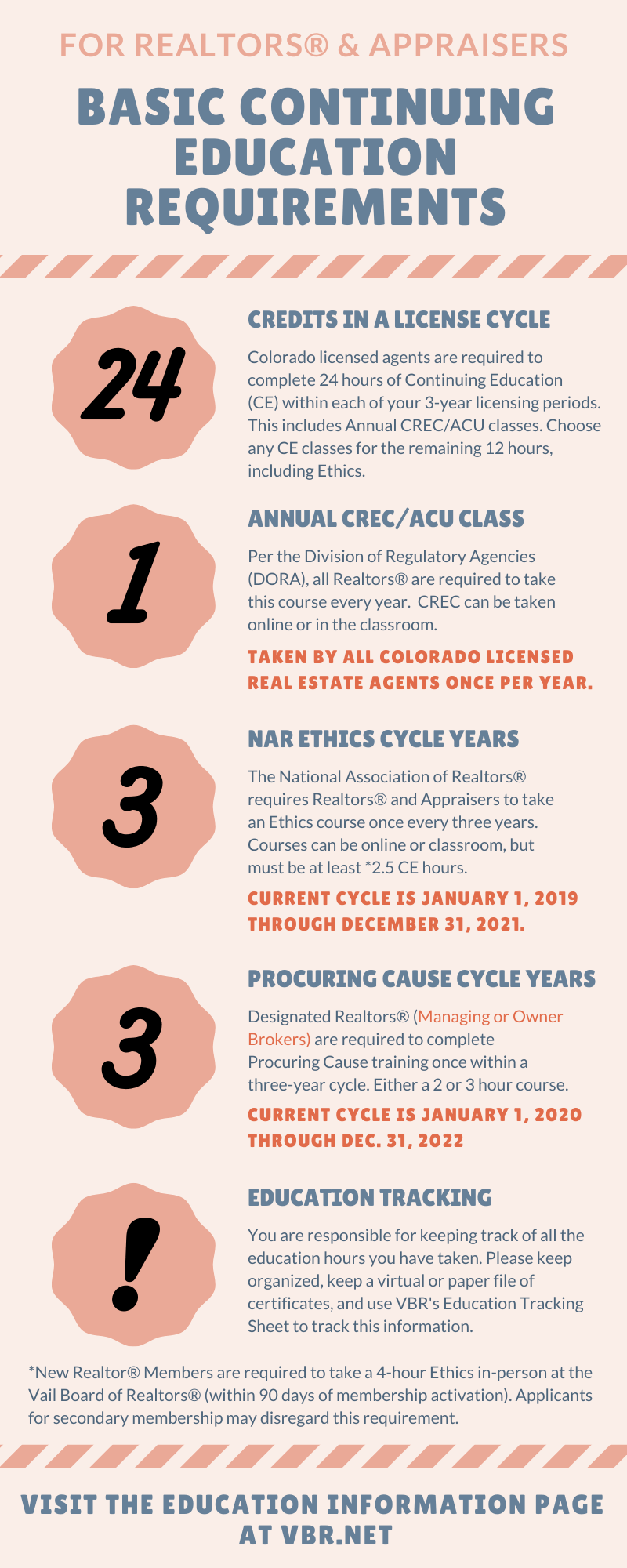
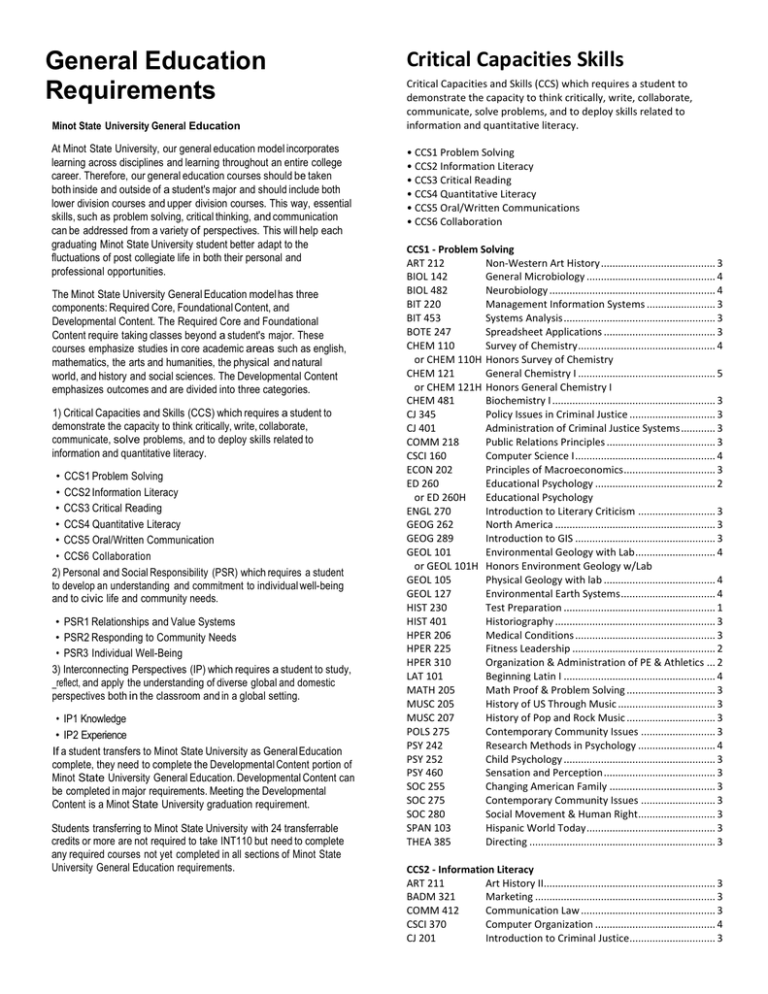
.png)





/170883058-56b0989e5f9b58b7d024475c.jpg)

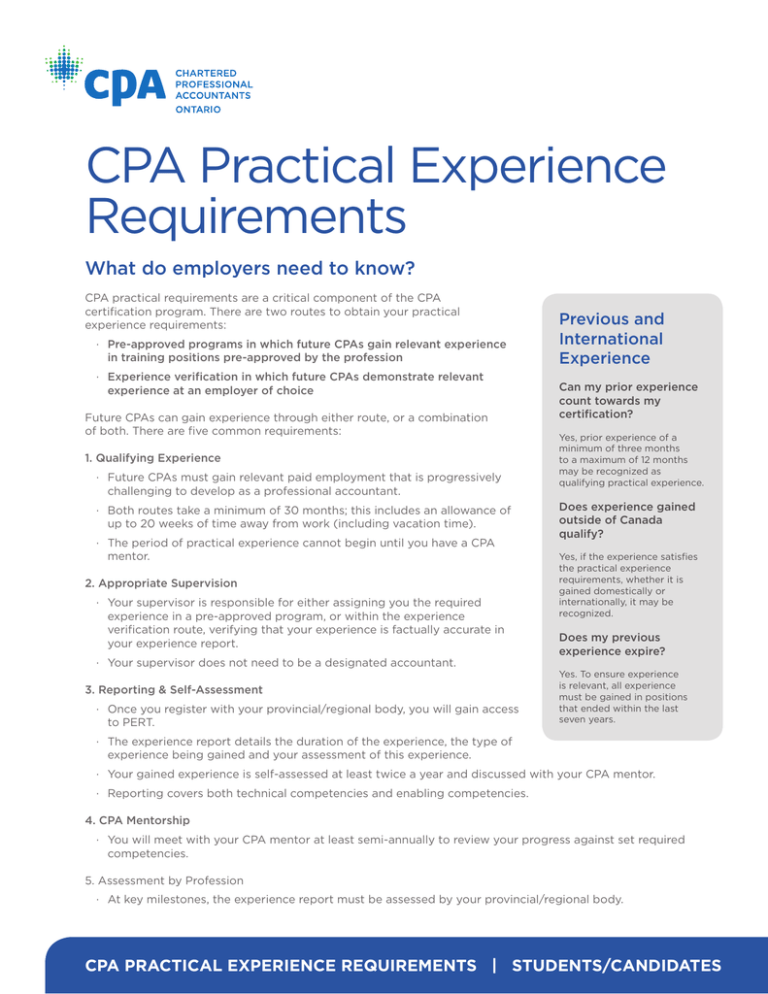
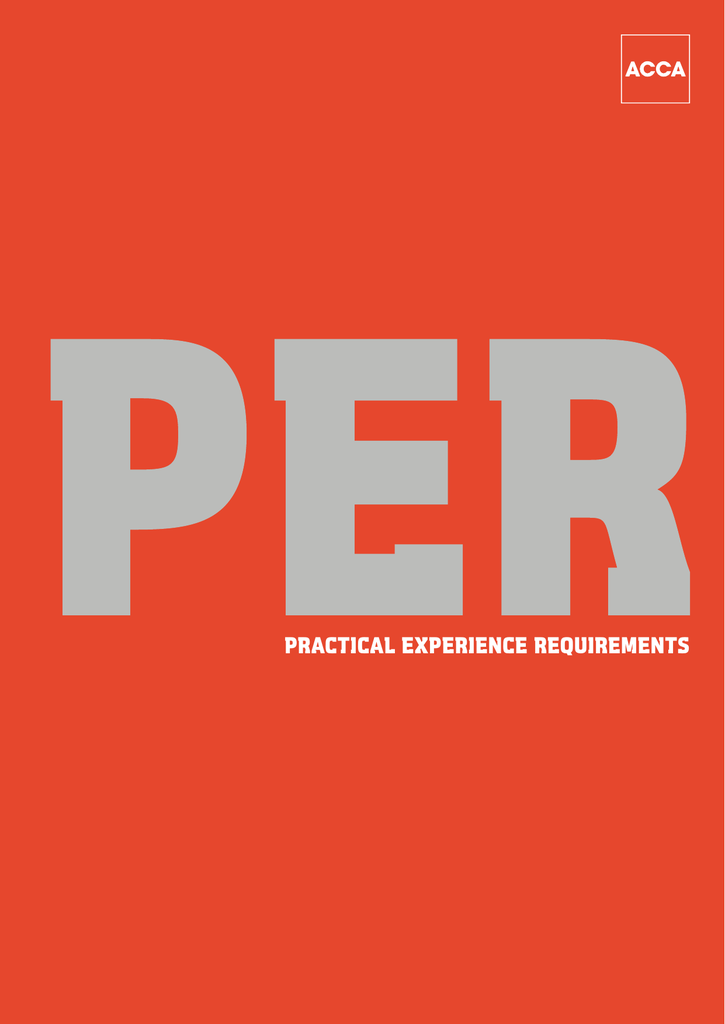
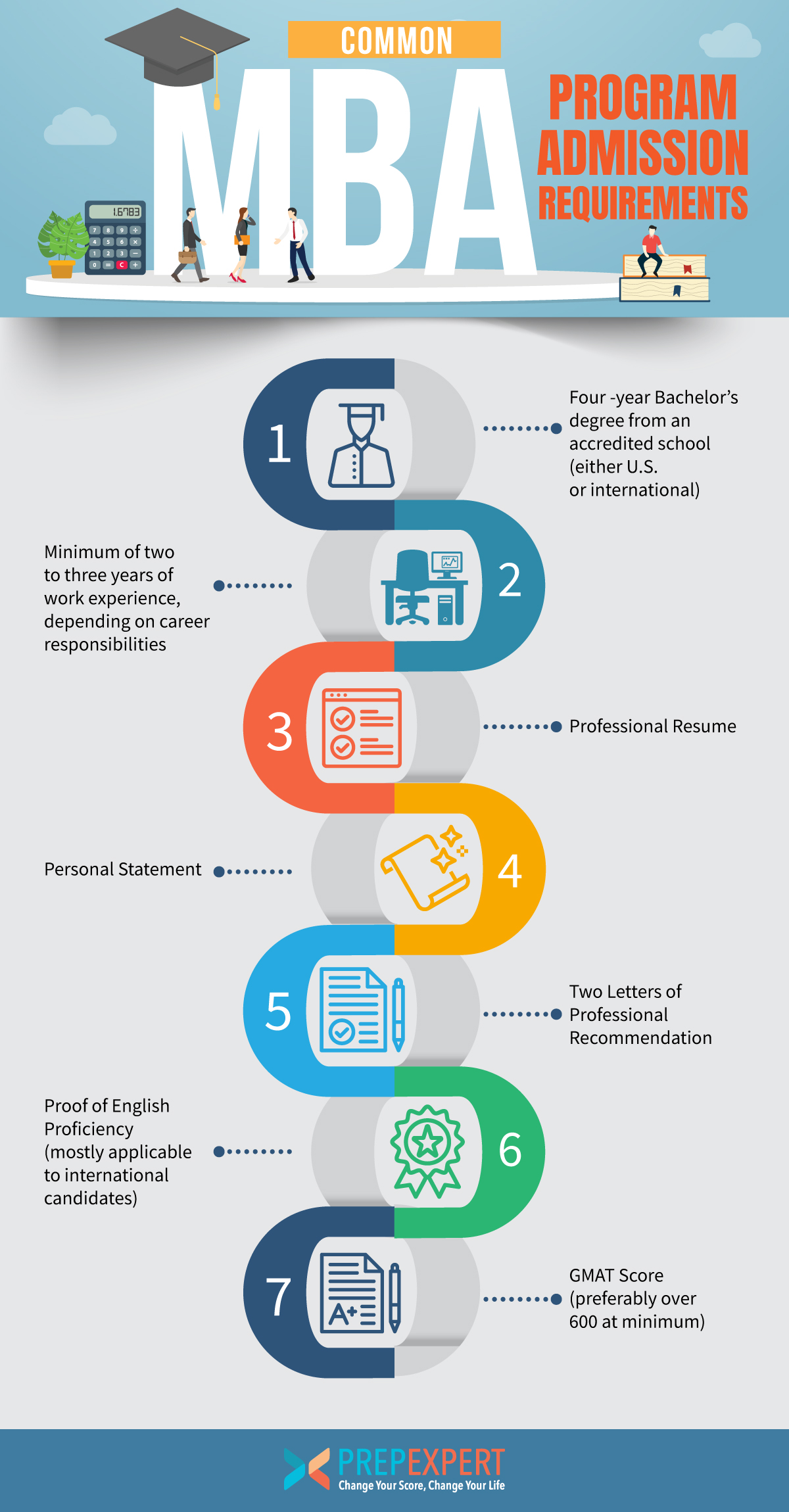


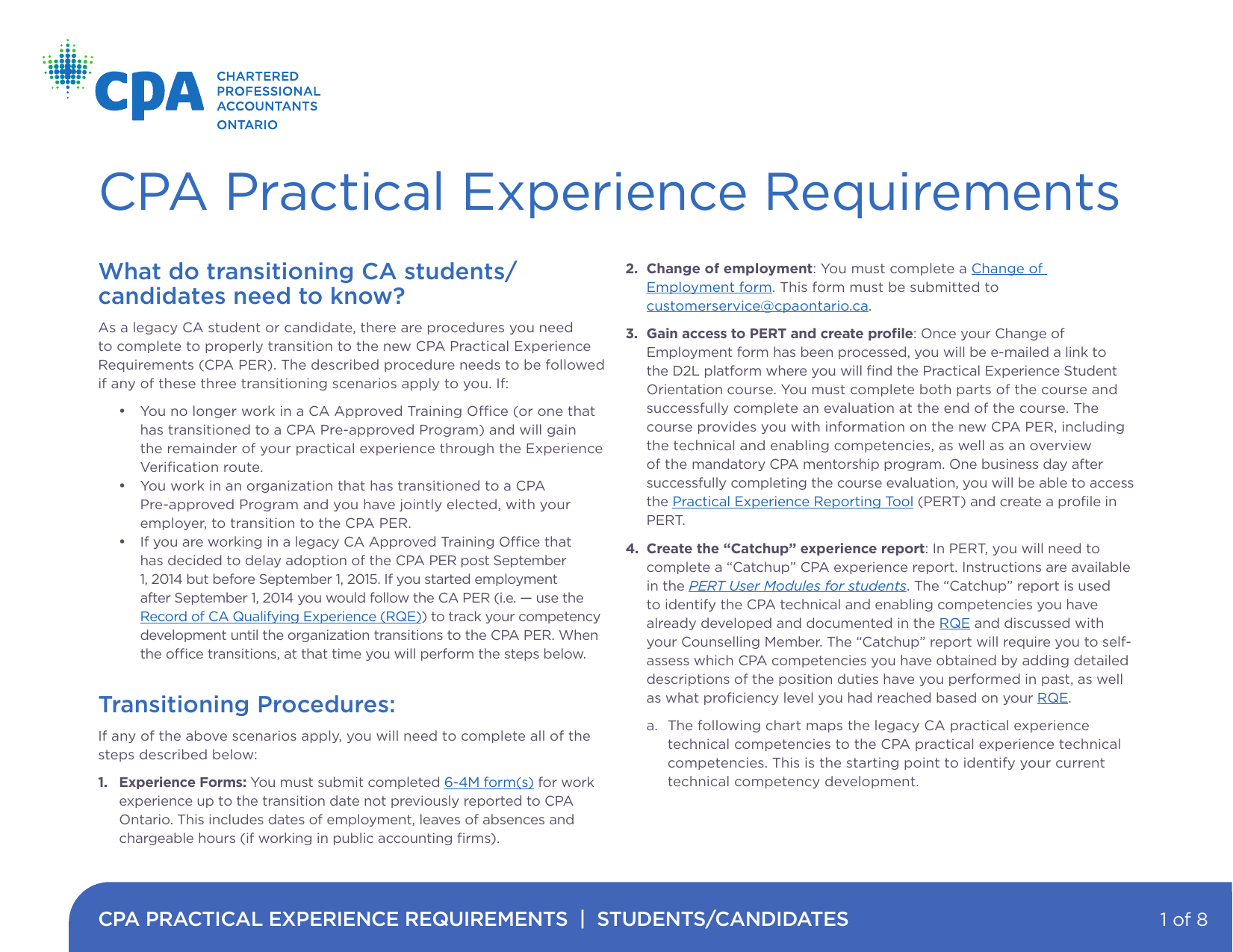





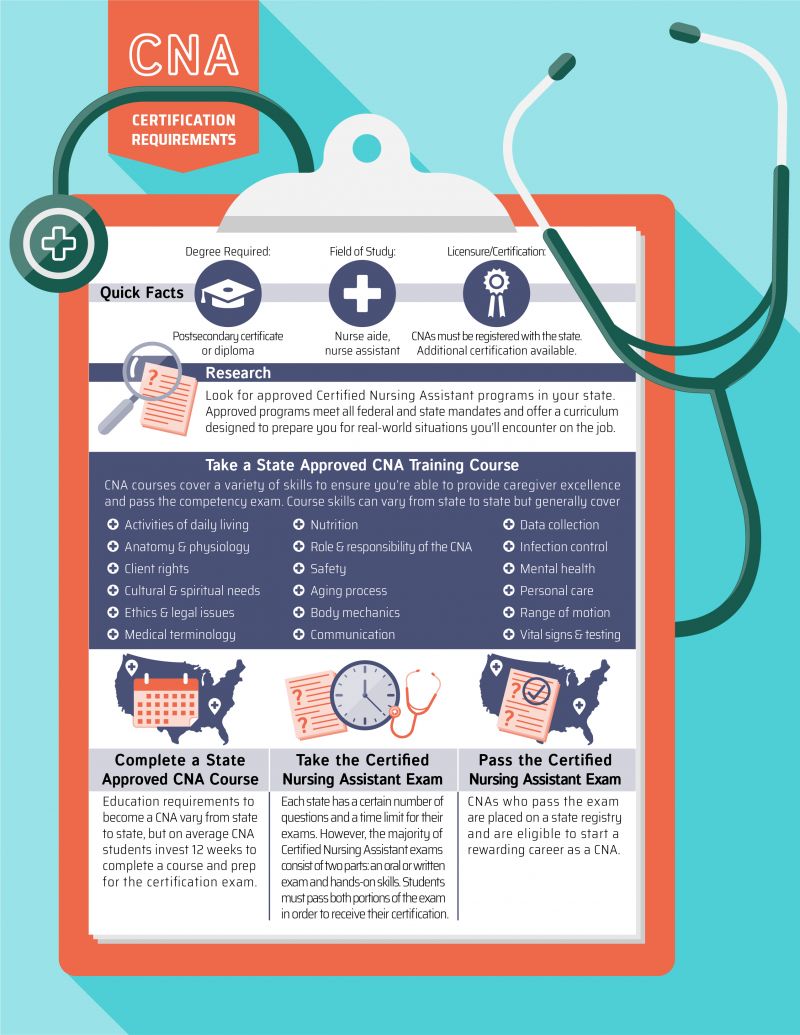



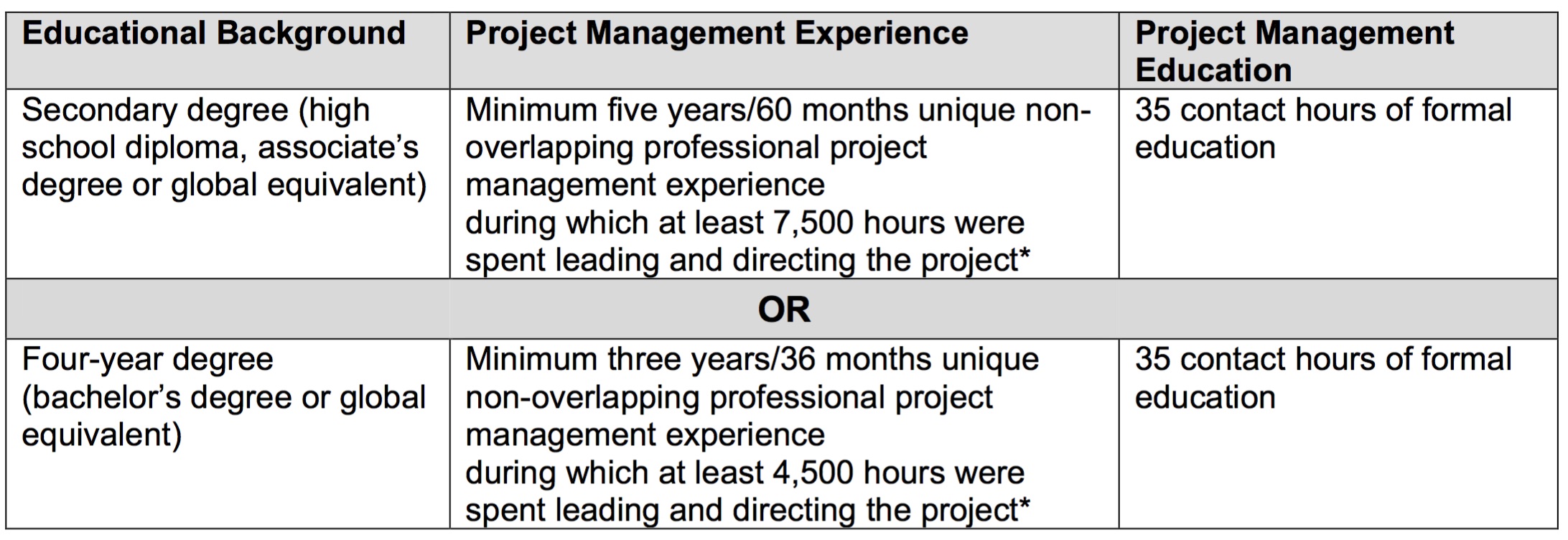
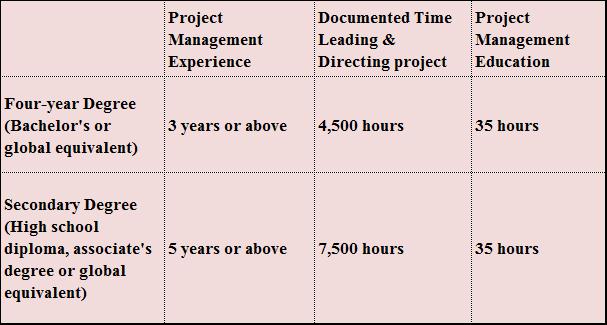





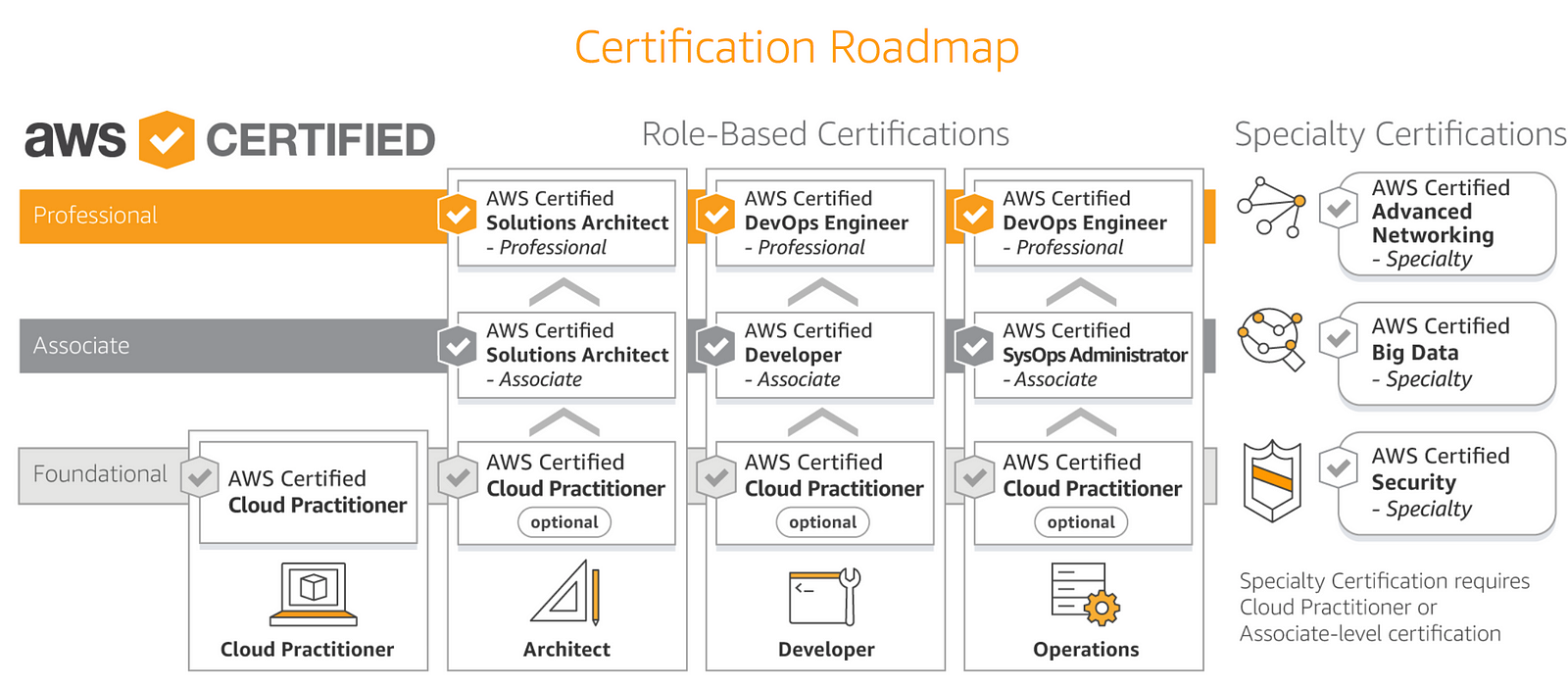



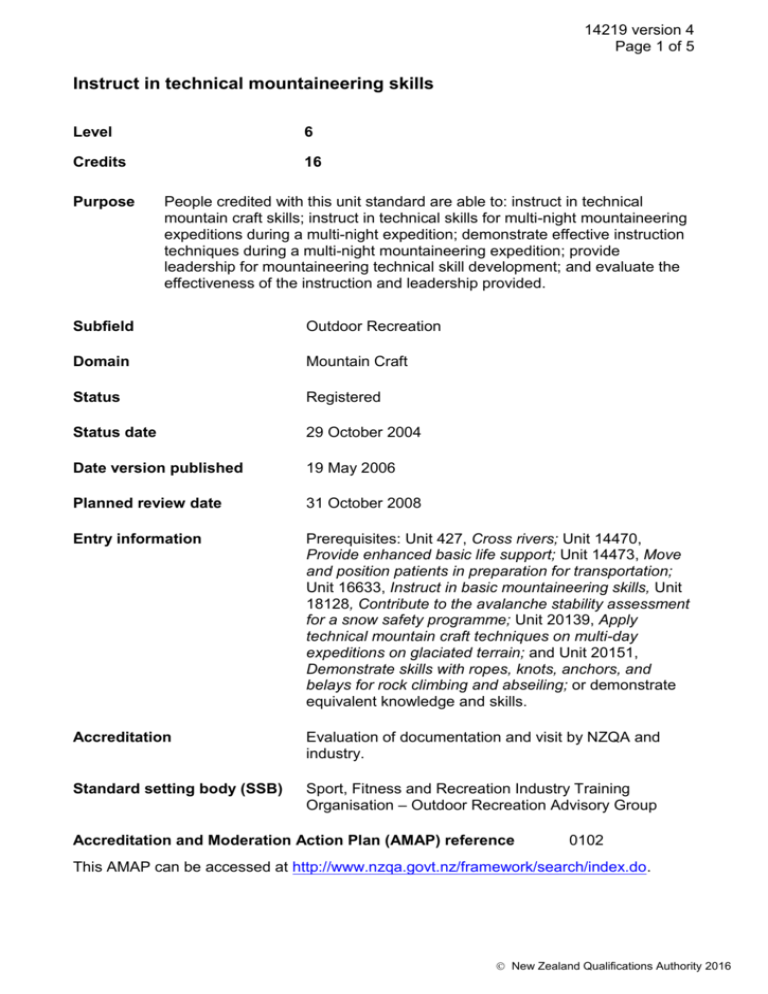



:max_bytes(150000):strip_icc()/application-developers-at-work--629201600-5914bf4a5f9b58647023e72f.jpg)


